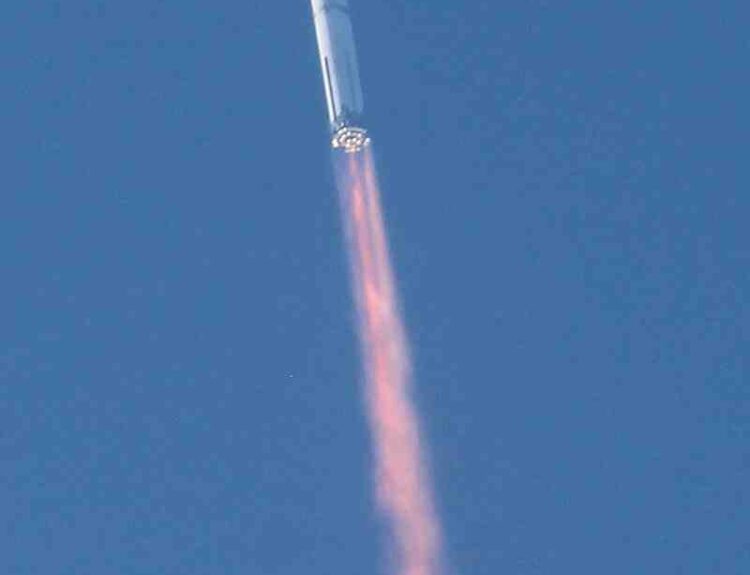Ban on high-end models with blood sensor raises concerns for Apple
- Federal appeals court revives sales ban on Apple Watch
- Ban revolves around blood sensor and affects high-end models
- Apple may have to stop selling latest watch models in the US
- Apple could negotiate a settlement with Masimo
- Sales ban won’t affect less-expensive Apple Watch SE
A federal appeals court has decided to revive a U.S. sales ban on Apple’s premium watches while it referees a patent dispute revolving around a sensor. The ban affects high-end models, including the Series 9 and Ultra 2. Apple had briefly resumed sales of these models after a temporary stay, but the latest ruling means the company may have to stop selling them in the US until the appeals process is resolved, which could take at least a year. Apple has the option to negotiate a settlement with Masimo, the medical technology company involved in the dispute. However, if the ban remains in place, Apple may have to redesign the devices to comply with the ruling. The sales ban does not affect the less-expensive Apple Watch SE, which does not have a blood-oxygen sensor.
Public Companies: Apple (AAPL), Masimo (undefined)
Private Companies:
Key People:
Factuality Level: 7
Justification: The article provides information about a federal appeals court reviving a sales ban on Apple’s watches due to a patent dispute. It mentions the previous temporary stay that allowed Apple to resume sales, the ruling by the U.S. International Trade Commission, and Apple’s attempts to overturn the ruling. It also discusses the possibility of Apple removing the blood-oxygen sensor from the watches and the potential impact on Apple’s sales. The article includes statements from both Apple and Masimo, presenting their arguments. Overall, the article provides factual information about the patent dispute and its implications for Apple’s watch sales.
Noise Level: 6
Justification: The article provides information about a federal appeals court decision to revive a sales ban on Apple’s watches due to a patent dispute. It mentions the previous temporary stay and the ongoing appeals process. It also discusses the potential impact on Apple’s revenue and the possibility of removing the blood-oxygen sensor from the watches. However, the article lacks in-depth analysis, scientific rigor, and actionable insights. It also includes unrelated information about the Justice Department potentially suing Apple and unrelated topics like Apple and Tesla’s investment safety and how to check if Apple, Verizon, or ‘Fortnite’ owe you money.
Financial Relevance: Yes
Financial Markets Impacted: The sales ban on Apple’s premium watches could impact Apple’s revenue, particularly in the December quarter. It may also affect the company’s positioning of its watches as life-saving tools for health monitoring.
Presence of Extreme Event: No
Nature of Extreme Event: No
Impact Rating of the Extreme Event: No
Justification: The article discusses a patent dispute between Apple and Masimo, which could result in a sales ban on Apple’s premium watches. While this event has financial implications for Apple, it does not describe an extreme event.
 www.marketwatch.com
www.marketwatch.com 





